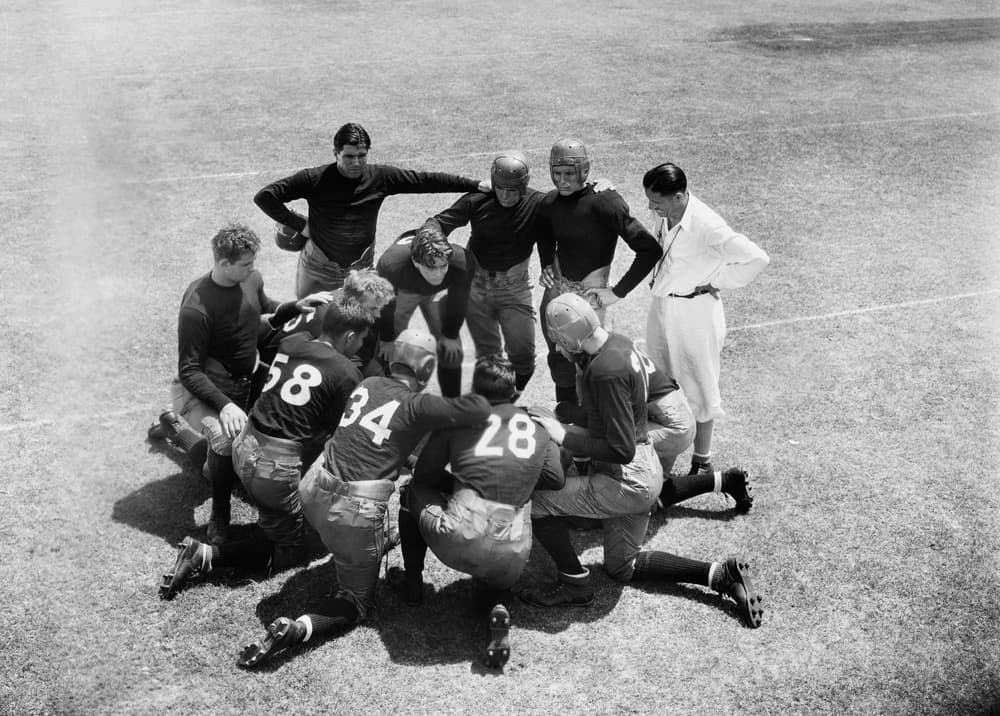
In the 1987 drama Wall Street, corporate raider Gordon Gekko proclaims, “The most valuable commodity I know of is information.” Vocational rehabilitation claims can cause countless problems for members of the claim management team and needlessly drive up workers’ compensation costs due to a lack of information about the employee. Proactive claim investigations and obtaining better information can head off these problems and reduce the overall amount of money spent paying workers’ compensation benefits and defending claims.
What Rehabilitation Benefits are Available
Injured employees generally become qualified for vocational rehabilitation services when the following characteristics are met:
Click Link to Access Free PDF Download
“How Do I Get My Adjusters To Follow My Account Handling Instructions?”
- Permanently precluded or is likely to be permanently precluded from engaging in their usual and customary occupation;
- Cannot reasonably be expected to return to “suitable gainful employment” with the date-of-injury employer; and
- Can reasonably be expected to return to suitable gainful employment through the provision of rehabilitation services given restrictions on their activity per the treating physician’s opinion.
In sum, the threshold for services is generally low. Once an injured employee is qualified to receive services, a Qualified Rehabilitation Consultant (QRC) will assist in:
- Developing a vocational rehabilitation plan; and
- Providing vocational services such as medical management, job placement services, and other steps to ensure return-to-work in a timely manner.
Peeling Back the Layers – Defending Rehabilitation Claims
Claim handlers need to be proactive in instances where a claim is not referred to an attorney for defense. Questions to ask an injured employee should outline the following areas to obtain critical information on the claim:
- Education: It is important to learn as much as possible about the employee’s educational background. Did they graduate from high school? If not, why did they not complete it, and did they receive a GED? Does the employee have a learning disability? It is also important to learn about other skills the injured employee may have, which can include certificates in CAD, computer programming, bookkeeping, HVAC, tool and die, welding, and forklift operations.
- Employment History: A complete list of current and past employers, along with the names of supervisors, job duties, length of service, and reason for departure are essential. The key is to understand what skills a person has, and if it mirrors what is being proposed under the rehabilitation plan. Barriers to keeping a job also factor into vocational rehabilitation efforts.
- Restrictions on Activity: Information concerning an injured employee’s restrictions should not be limited to their place of employment. It is also important to know if the employee has limitations or the inability to perform hobbies they were involved in prior to their injury. Instead of referring only to what is listed in the medical records, it is paramount to determine the employee’s understanding of their written limitations as this provides a gauge on what type of witness they will make at hearing.
- Post-Injury Activities: It is important to know and understand what an employee has been doing when they are off work. Make sure to ask them what a typical day is like, and how they perform activities of daily living. By understanding this information, employer representatives can craft a modified or light-duty job offer based upon these activities that it suitable. Examples can be sedentary work, or other activities in a modified capacity, or reduced hours. Studies demonstrate that employees who return to work following an injury recover faster.
- Hobbies and Other Interests: You can learn a lot about someone based on what they do outside of work. This information can also provide detailed information on that their activities in case surveillance needs to be conducted. Knowing when and where someone will be can be helpful and reduce costs when defending a claim.
In addition to returning an employee back to work, having the above information allows the claim team and defense attorney, if applicable, to determine whether the rehabilitation plan proposed is best for all parties.
Conclusions
Having information is key when defending vocational rehabilitation claims. By obtaining the above information, a claim handler is in a better position to evaluate the functional ability, transferable job skills, and assess the likelihood someone can return to work in a timely manner. The bottom line is cost savings to a workers’ compensation program, and the implementation of best practices on a claim management team.

Author Michael Stack, CEO Amaxx LLC. He is an expert in workers’ compensation cost containment systems and helps employers reduce their workers’ comp costs by 20% to 50%. He works as a consultant to large and mid-market clients, is a co-author of Your Ultimate Guide To Mastering Workers Comp Costs, a comprehensive step-by-step manual of cost containment strategies based on hands-on field experience, and is founder & lead trainer of Amaxx Workers’ Comp Training Center .
Contact: mstack@reduceyourworkerscomp.com.
Workers’ Comp Roundup Blog: https://blog.reduceyourworkerscomp.com/
©2020 Amaxx LLC. All rights reserved under International Copyright Law.
Do not use this information without independent verification. All state laws vary. You should consult with your insurance broker, attorney, or qualified professional.

















